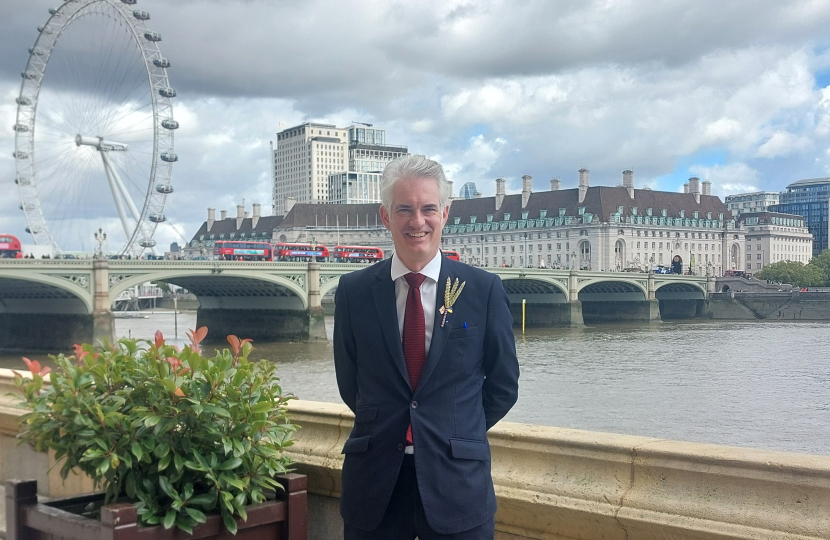
Suffolk MPs have weighed in on proposals to reform local councils for the next 50 years.
Under Government plans, Suffolk's six county, district and borough councils will cease to exist by May 2028 and be replaced by unitary authorities with more powers.
The question is how many of these will replace them, with two proposals currently on the table — the county council backing a single authority for the whole county, and districts and borough councils backing three.
With the final business cases due to be submitted to the Government by September 26, Suffolk's MPs have, by and large, said the reform could bring about a range of benefits to residents.
Jess Asato, MP for Lowestoft, said it was important any model gave Suffolk the powers and resources it needs to prosper, as well as protected local heritage and local decision-making.
She welcomed the idea of three unitaries replacing the current 'broken two-tier system' anchored in Lowestoft, Ipswich and Bury St Edmunds.
Ms Asato said: "This model would mean more democratic accountability, stronger local representation, and councils that are financially viable and fit for the future.
"With Suffolk’s population set to rise to a million by 2045, we need councils that can grow with us and deliver the real change that people need.”
Likewise, Jack Abbott, MP for Ipswich, welcomed the call for three unitaries as a way of turning a Greater Ipswich unitary into a 'nationally leading economic powerhouse'.
"The goal of devolution must not be to tinker around the edges of our current system and stick with a status quo which isn’t working for anyone," he said, "but to seize the opportunity for change with both hands."
Mr Abbott said residents had shared similar views in support of the three-unitary model and argued the unitaries to the east and west of the county would benefit just as much from a stronger Greater Ipswich.
Jenny Riddell-Carpenter, MP for Suffolk Coastal, added: "Reorganisation is an opportunity to strengthen local government in Suffolk - and I believe that the three unitary authority model would keep decisions local and recognise the different needs across the county."
In Bury St Edmunds and Stowmarket, Dr Peter Prinsley MP shared much of the sentiment of his Labour colleagues and encouraged open and transparent debate.
He said: “I think that local government should be local and not remote from the people it serves.
"That’s why I have long favoured a reorganisation of our local councils that would create more than one unitary authority for Suffolk and Norfolk while still simplifying local government and saving taxpayers’ money."
As a doctor, he initially suggested unitaries should be anchored in line with current hospital locations to allow for better joint provision, but recognised this approach was not favoured.
In South Suffolk, James Cartlidge MP, said whatever shape local government takes, it was essential to minimise the impacts on Council Tax, particularly for residents living outside Ipswich.
When boundaries change, Council Tax has to go through a 'harmonisation' period over a number of years, to bring it level for every resident — it is still unclear what this would mean under either of the current proposals.
Mr Cartlidge said he believed a single unitary could create enough savings to minimise pressures on Council Tax and stressed the need for any of these savings to stay within the county.
He said: “Whatever direction we take, the one thing we need to know for certain is that any money we save is spent in Suffolk – an outcome that is far from assured.
"I cannot emphasise it enough – what will make or break this is the extent to which savings are created, and, most importantly, whether those savings stay in Suffolk."
Similar concerns were raised by Nick Timothy, MP for West Suffolk, who called for Council Tax to be set at the lowest rate possible and money to be reinvested.
He said: "My priority is keeping power as close as possible to local people, rather than having decisions enforced from above by officials who do not understand life in places like West Suffolk.
"There are undoubtedly some upsides of reform, but unless we get convincing answers, I will oppose these changes to Suffolk’s local government."
He further called for money to be split fairly across the county, for town and parish councils to be protected and given extra powers, and for policing to stay local.
Published by Suffolk News.
